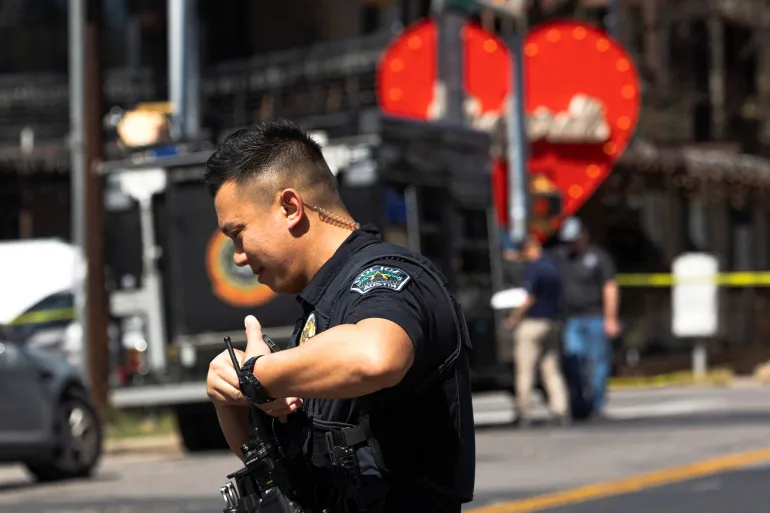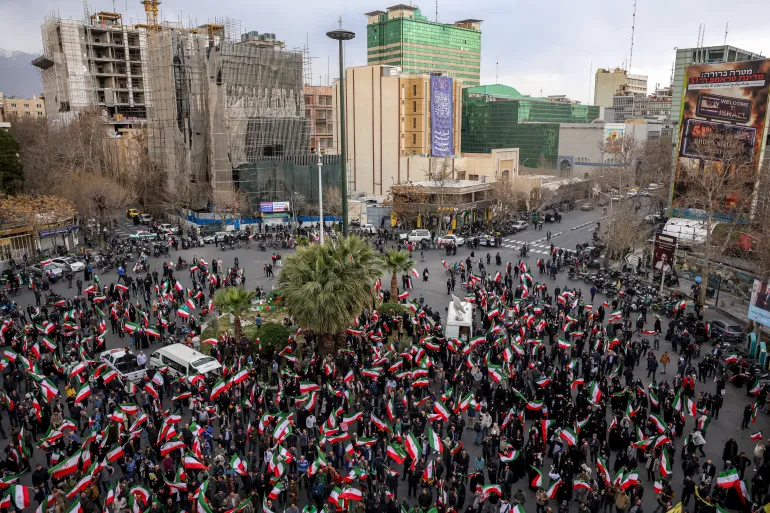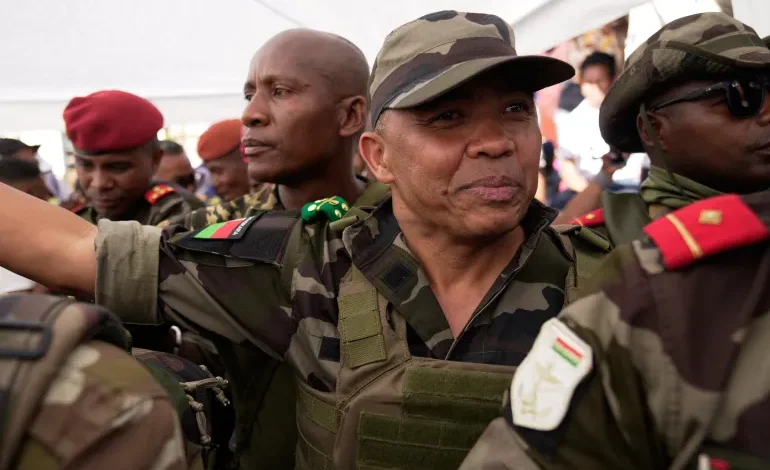Madagascar has once again entered the familiar turbulence of military rule, this time wrapped in the language of “transition.” On Friday, the island nation’s High Constitutional Court formally swore in Colonel Michael Randrianirina as president, days after a popular rebellion and military defection forced Andry Rajoelina into exile.
It marks the third time since independence in 1960 that the country has been taken over by the military, a cycle of revolt and reset that keeps repeating despite promises of democracy.
“Madagascar has not chosen a military regime,”
— Colonel Michael Randrianirina said Thursday.
“The government belongs to civilians.”
The statement, though intended to reassure, sounded more like an echo of similar pledges heard from Mali to Gabon, all countries where soldiers took power in the name of restoring civilian rule.
Weeks of protests over rolling blackouts, water shortages, and grinding poverty had spiraled into chaos. At least 22 people were killed and more than 100 injured, according to the UN. The tipping point came when CAPSAT, the army unit under Randrianirina’s command, refused orders to fire on demonstrators. The rebellion gained momentum, and within days, the military had turned its guns inward, toppling Rajoelina, impeached by parliament for “desertion of duty.”
On Wednesday, Rajoelina’s office confirmed that he had fled the country “for his safety.” French media later reported he was flown to Réunion aboard a French military aircraft before continuing to Dubai. His ouster now joins Madagascar’s long list of exits by exiled presidents, from Didier Ratsiraka in 2002 to Marc Ravalomanana in 2009.
The swearing-in ceremony in Antananarivo was part military pageant, part public spectacle. Youth leaders from the movement that ignited the rebellion mingled with politicians and foreign diplomats, including from the United States, European Union, and France. The attendance of Western envoys, even amid an apparent coup, underscored the geopolitical unease surrounding Madagascar’s latest transition.
Randrianirina, 51, promised elections within 18 to 24 months and said talks were under way to appoint a consensus civilian prime minister. Yet the ambiguity of his message, civilians will govern, but under a military “presidential council,” leaves open the question of who really holds power.
Rajoelina’s allies, meanwhile, denounced the court’s endorsement of the takeover as “procedurally illegal” and warned that it risked destabilizing the country further.
Madagascar now joins the growing list of former French colonies, Mali, Burkina Faso, Niger, Guinea, Gabon, where militaries have seized power since 2020. Each has justified intervention as a corrective to civilian failure. Yet each, in practice, has extended the military’s grip far beyond its promised timeline.
The African Union and Southern African Development Community (SADC) announced plans to send fact-finding missions, calling for constitutional order and civilian participation. Even France, historically cautious about lecturing its ex-colonies, struck a firmer tone.
“The mobilisation of Madagascar’s youth must be fully heard,”
— French Foreign Minister Jean-Noël Barrot said Thursday,
urging a “sustainable, peaceful, and calm solution.”
Madagascar remains one of the world’s poorest nations, with 80 percent of its 32 million people living in poverty despite vast mineral wealth and extraordinary biodiversity.










The latest news in your social feeds
Subscribe to our social media platforms to stay tuned